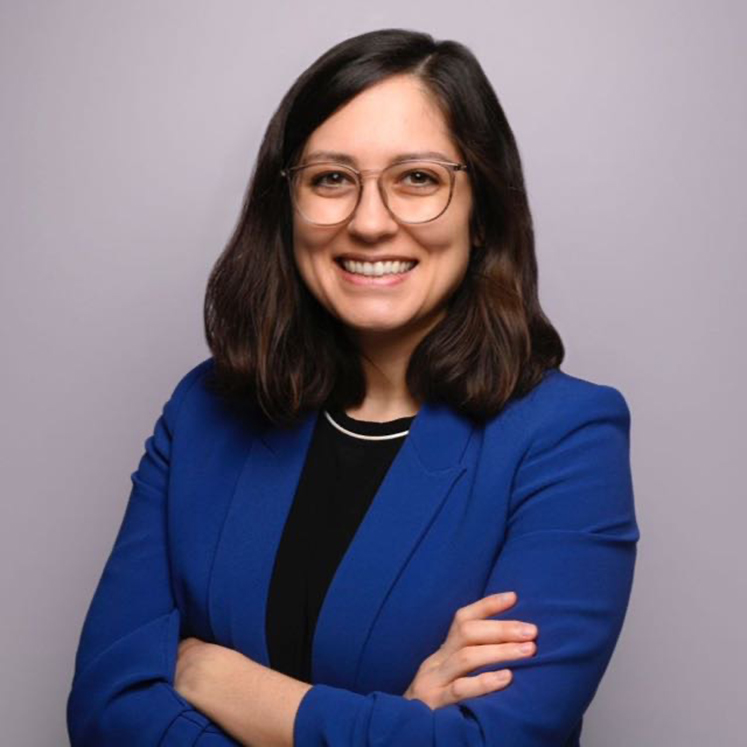
Tell us about your journey since graduating from LSE
Since earning my MSc in Comparative Politics from LSE, I have spent my career working in geopolitical strategy and policy advisory across Europe and the Middle East. My post-LSE journey began as a Stagiaire in the Cabinet of President Martin Schulz at the European Parliament, which was a great introduction to the inner workings of EU foreign policy and political decision-making. I then moved into public sector consulting, serving as a Public Sector Policy Manager at Deloitte, where I led government transformation and digital modernization initiatives across Europe and the Middle East. Seeking a more direct role in international policymaking, I transitioned to the UAE Ministry of Foreign Affairs as a Project Manager, where I advised senior policymakers on economic, political, and security affairs, within a rapidly evolving geopolitical landscape. Now, as an independent consultant, I work with governments worldwide, designing geopolitical strategies, advising on policy developments, and helping leaders navigate complex global challenges.
If you could tell your younger student self one piece of wisdom, what would it be and why?
"The best career paths are discovered, not pre-designed." When I was at LSE, I had a very specific vision of what my career path should be. But looking back, my most valuable experiences—working in the European Parliament, leading public sector transformation at Deloitte, advising governments in the Middle East—weren't part of some preordained plan. They came from staying adaptable, seizing unexpected opportunities, and being willing to pivot when the right challenge presented itself.
How has studying in the Department of Government helped you since graduation?
My time in the Department of Government has been invaluable in providing me with the know-how to analyze complex political issues, synthesize vast amounts of information, and anticipate policy trends. While I may not frequently reference the theories we learned in my day-to-day work, the rigorous analytical training I received has been fundamental to all of the roles that I have had. Beyond the academic foundation, the relationships I built at LSE have been just as impactful. Over the past decade, these connections have opened doors to career opportunities, collaborations, and a strong professional network. Many of my former classmates have gone on to have fascinating roles in government, academia, and international organizations, and staying connected to this community has been both personally rewarding and professionally beneficial. The strength of the LSE alumni network is something I continue to appreciate, and I encourage graduates to actively engage with it—it is one of the most enduring advantages of an LSE education.
What’s the one piece of career guidance that has most impacted you?
The most impactful career guidance I have received is to prioritize seeking mentors early on and to intentionally broaden my network, not just for career advancement but for continuous learning and growth. Networking should be about building genuine relationships rather than approaching it as a transactional exercise. By surrounding myself with individuals engaged in exciting and meaningful work, I have found that opportunities arise organically, often in unexpected ways. This approach has been instrumental in shaping my career path—my last three positions were directly or indirectly connected to relationships I built through LSE, demonstrating the lasting value of maintaining and nurturing professional connections. Investing time in mentorship and in building meaningful networks has not only opened doors but has also provided invaluable guidance, perspective, and inspiration along the way.
What’s been the highlight of your career so far?
There has not been just one highlight of my career, but what has been most meaningful is seeing the tangible impact of my work in policymaking. In the public sector, decisions shape economies, security frameworks, and relations between countries, often affecting thousands or even millions of people. Seeing policies I’ve worked on come to life has been incredibly rewarding and reinforces my passion for this work and my commitment to thoughtful, well-informed policymaking.
What is your fondest memory from LSE?
One of my best memories from LSE was organizing a pub quiz for the Government Department. It was meant to be a casual way for students and faculty to connect outside of lectures, but we had not expected such a big turnout—130 people showed up. The mix of students, professors, and staff made for a lively but informal evening, with some unexpectedly strong competitive streaks. That night really captured what I loved about LSE—the community and the connections that go beyond just academics.